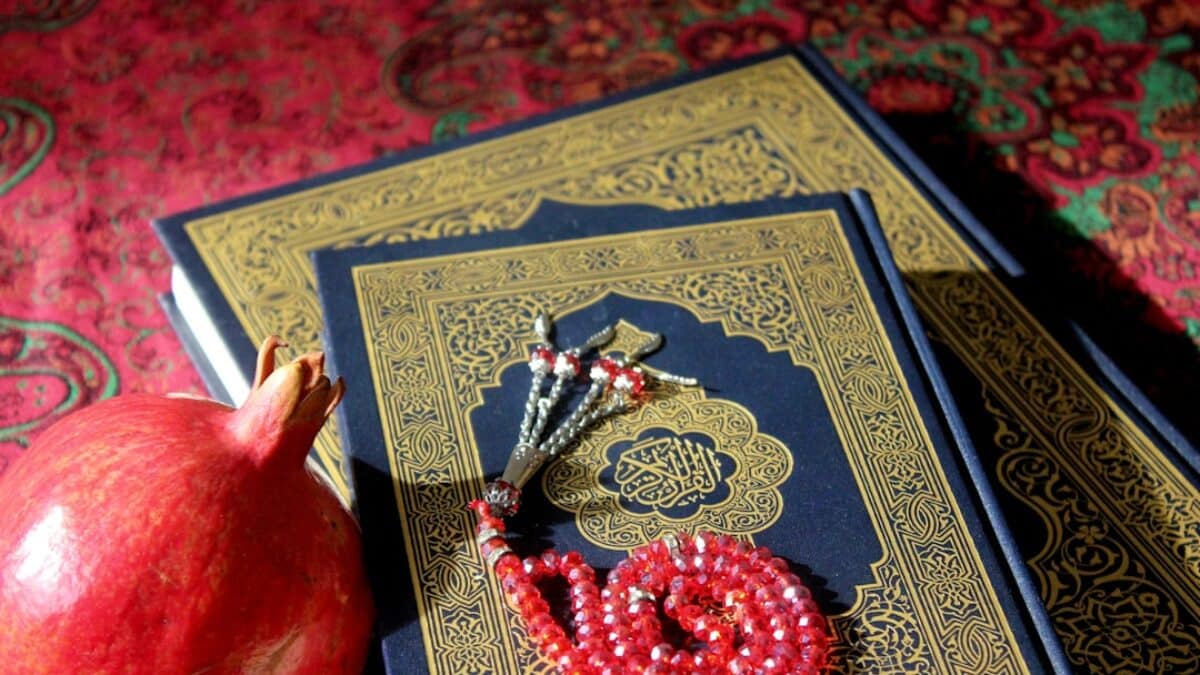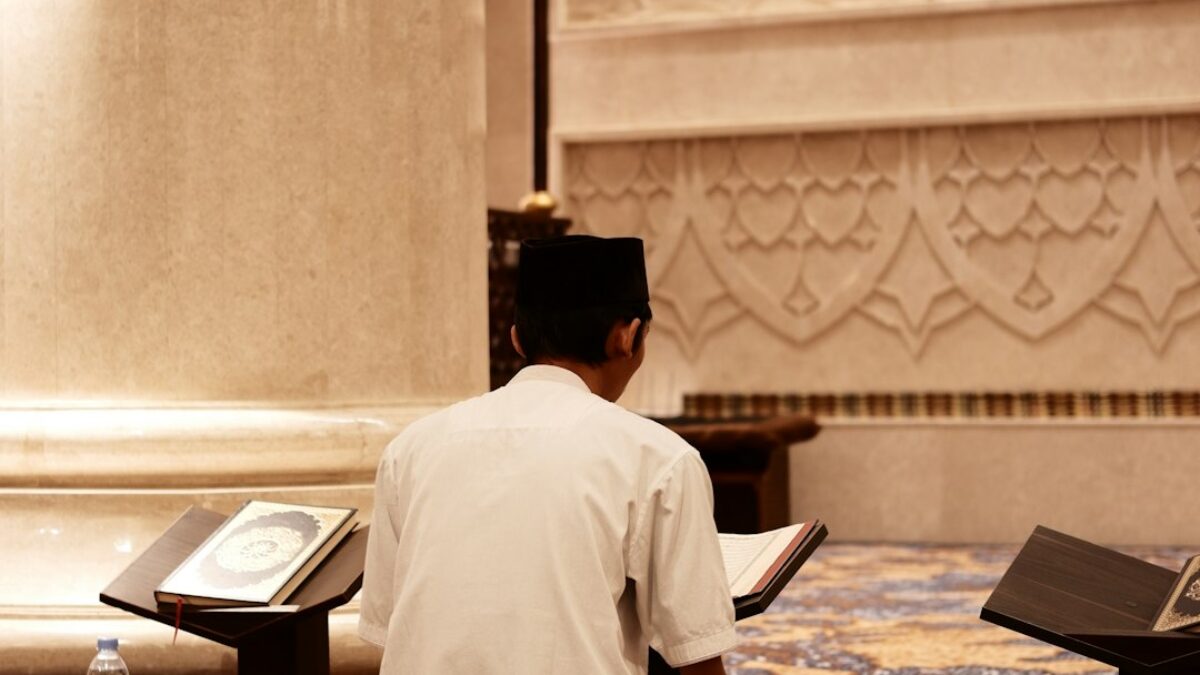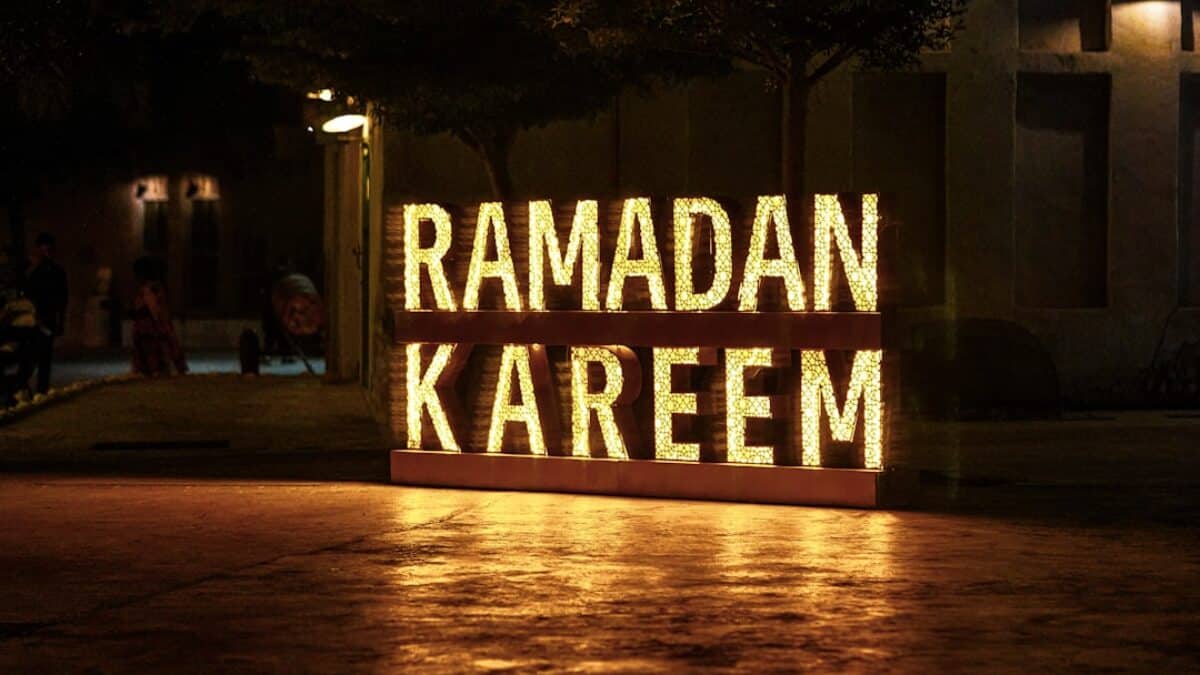During the blessed month of Ramadan, the gates of Paradise are opened, the gates of Hellfire are closed, and the devils are chained. Within this sacred window of mercy, every word of supplication carries extraordinary weight—and no prayer is more heartfelt than the one we raise for the safety and well-being of our families. Seeking family protection through authentic Ramadan duas is not only an act of love, it is an act of worship rooted firmly in the Qur’an and Sunnah.
Understanding Family Protection in Islamic Spirituality
Family protection in Islam transcends physical safety; it encompasses spiritual security, emotional well-being, and safeguarding of faith. The Prophet ﷺ taught that the family is the first line of defense against spiritual decline. When we make dua for our loved ones, we are essentially asking Allah to envelop them in His rahmah (mercy) and hifdh (guardianship).
In Ramadan, three factors magnify the power of our supplications:
- Multiplying Rewards: Every good deed is multiplied manifold.
- Accepted Hours: Moments such as the pre-dawn suhur, the last third of the night, and the breaking of fast are prime times for dua acceptance.
- Unity of Hearts: Families gather more often for iftar, taraweeh, and qiyam, increasing collective spiritual energy.
Key Components of Effective Ramadan Dua for Family Protection
1. Sincere Intention (Niyyah)
Allah looks at the heart before the tongue. A dua offered with authentic concern and love for one’s spouse, children, parents, and siblings is already on the path to acceptance. The Prophet ﷺ said, “The supplication of a Muslim for his brother in his absence is readily accepted…” (Muslim).
2. Prophetic Wording
Using the exact phrases and supplications taught by the Prophet ﷺ ensures that we are asking in the most eloquent, comprehensive, and divinely approved manner. These prayers have already been tested and approved by revelation.
3. Consistency and Timing
Consistency in repeating duas, especially during the last ten nights, keeps the family under continuous divine shelter. Scholars recommend allocating specific times—such as immediately after fajr or during tahajjud—for collective family dua.
Benefits and Importance of Reciting Authentic Protection Duas
- Spiritual Shielding: Regular recitation creates an invisible barrier against Shaytan’s whispers.
- Emotional Tranquility: Knowing that Allah is actively protecting your loved ones reduces anxiety and fosters tawakkul (reliance upon Allah).
- Family Bonding: Joint recitation sessions strengthen unity and shared purpose.
- Barakah in Household: Angels frequent homes where Qur’an and prophetic duas are recited, bringing barakah (blessing) to every aspect of life.
- Legacy of Faith: Children who grow up hearing these prayers internalize them, carrying the torch of faith into future generations.
7 Authentic Ramadan Duas for Family Protection
Below are seven rigorously authenticated supplications, each paired with transliteration, translation, and practical tips on how to weave them into daily Ramadan life. Memorize them, print them, and keep them next to the mus-haf on your ramadan dua list.
1. The Morning & Evening Fortress (Al-Ma’thoorat)
Arabic: بِسْمِ اللَّهِ الَّذِي لَا يَضُرُّ مَعَ اسْمِهِ شَيْءٌ فِي الْأَرْضِ وَلَا فِي السَّمَاءِ وَهُوَ السَّمِيعُ الْعَلِيمُ.
Transliteration: Bismillaahil-lathee laa yadhurru ma’as-mihi shay’un fil-ardi wa laa fis-samaa’i wa Huwas-Samee’ul-‘Aleem.
Translation: “In the name of Allah with whose name nothing can harm on earth or in the heavens, and He is the All-Hearing, the All-Knowing.”
Best Practice: Recite three times after fajr and maghrib collectively as a family. Encourage children to memorize it by making it the first thing they say when leaving the house or entering a new environment.
2. Ayat al-Kursi for Household Safety
Arabic: آية الكرسي (البقرة 2:255)
Transliteration: Allahu laa ilaaha illaa huwa al-hayyul-qayyoom… (to end of verse).
Translation: The full verse speaks of Allah’s eternal life, all-encompassing knowledge, and unmatched sovereignty.
Best Practice: After every fard prayer, one adult recites Ayat al-Kursi aloud while others follow silently. This practice installs a spiritual firewall around the home 24/7.
3. The Three Quls (Al-Ikhlas, Al-Falaq, An-Naas) Triple Recitation
Method: Recite Surah Al-Ikhlas, Al-Falaq, and An-Naas three times each in the morning, evening, and before sleep. The Prophet ﷺ would blow lightly into his palms after recitation and wipe over his body as far as they could reach.
Practical Tip: Teach toddlers to cup their tiny hands and “blow the angels’ air” over themselves; it turns spiritual discipline into a joyful bedtime routine.
4. Dua of Ibrahim عليه السلام for Offspring
Arabic: رَبِّ اجْعَلْنِي مُقِيمَ الصَّلَاةِ وَمِن ذُرِّيَّتِي رَبَّنَا وَتَقَبَّلْ دُعَاءِ.
Transliteration: Rabbi-j’alnee muqeemas-salaati wa min dhurriyyatee, rabbanaa wa taqabbal du’aa.
Translation: “My Lord, make me an establisher of prayer, and from my descendants. Our Lord, and accept my supplication.”
Focus Point: Use this especially in sujood during taraweeh. Couples can take turns whispering it for each other and for their future children.
5. The Parental Blessing Dua
Arabic: رَبِّ هَبْ لِي مِن لَّدُنكَ ذُرِّيَّةً طَيِّبَةً ۖ إِنَّكَ سَمِيعُ الدُّعَاءِ.
Transliteration: Rabbi hab lee mil-ladunka dhurriyyatan tayyibah; innaka samee’ud-du’aa.
Translation: “My Lord, grant me from Yourself a good offspring. Indeed, You are the Hearer of supplication.”
Best Practice: Ideal for laylatul qadr when the angels descend with proclamations of peace until dawn.
6. The Collective Family Dua after Iftar
Arabic: ذَهَبَ الظَّمَأُ وَابْتَلَّتِ الْعُرُوقُ وَثَبَتَ الْأَجْرُ إِنْ شَاءَ اللَّهُ.
Transliteration: Dhahabaz-zama’u wabtallatil-‘urooqu wa thabatal-ajru inshaa Allah.
Translation: “The thirst has gone, the veins are moistened, and the reward is confirmed, if Allah wills.”
Follow-up Dua: After reciting the above, take 30 seconds for each member to voice a personal plea for protection—car accidents, school bullying, health scares, or career stress.
7. The All-Encompassing Qur’anic Supplication
Arabic: رَبَّنَا آتِنَا فِي الدُّنْيَا حَسَنَةً وَفِي الْآخِرَةِ حَسَنَةً وَقِنَا عَذَابَ النَّارِ.
Transliteration: Rabbanaa aatinaa fid-dunyaa hasanatan wa fil-aakhirati hasanatan wa qinaa ‘adhaaban-naar.
Translation: “Our Lord, give us in this world good and in the Hereafter good, and protect us from the punishment of the Fire.”
Strategic Moment: Recite this at the qunoot of witr. The entire household standing shoulder-to-shoulder amplifies the plea.
Practical Applications: Building a Family Dua Routine
Morning Routine (Post-Fajr)
- After sunnah prayers, sit in a circle with the Qur’an open on a small table.
- Assign one family member to recite the Morning Fortress (Dua #1) aloud.
- Everyone repeats after, then recites Ayat al-Kursi once.
- Conclude with 60 seconds of silent personal dua for each family member.
Evening Routine (Pre-Maghrib)
- Prepare dates and water 15 minutes before iftar.
- While waiting, recite the Three Quls together.
- After breaking the fast, recite Dua #6 collectively and each person adds a private request.
Digital Reminders
Create a shared Google Calendar event titled “Family Dua Check-In” that triggers each morning and evening. Attach audio files of each dua recited by a melodious Qari to help with correct pronunciation.
Ramadan Dua Jar
Place an empty jar on the dining table with colorful slips of paper. Each day, every family member writes one protective plea for another member and drops it inside. On the 27th night, gather to read them aloud and make dua’ khatm (completion supplication) for each request.
Sample Weekly Schedule for Maximum Impact
Day Focus Collective Dua Individual Action Monday Physical Safety Morning Fortress x3 Recite Ayat al-Kursi before leaving for work/school Tuesday Spiritual Immunity Three Quls x3 Fast extra Monday or Thursday if possible Wednesday Financial Barakah Dua #7 after witr Give sada
























Post Comment